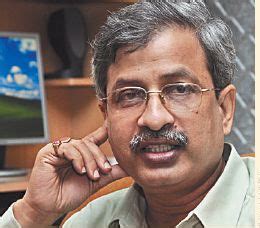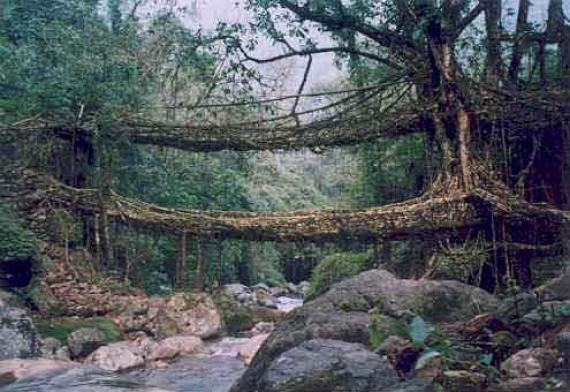 This talk dwells upon different research paradigms such as Hypothesis-oriented, Assessment-oriented, Action-oriented, Systems-oriented, Social adaptive (similar to V2V) frameworks. The motivation behind this talk is to discuss research that goes beyond the conventionally defined domains of science; the relevance of non-expert based knowledge to offer solutions to complex social and environmental problems, and the research that can bring significant impacts on people's behavior by small endeavors.
This talk dwells upon different research paradigms such as Hypothesis-oriented, Assessment-oriented, Action-oriented, Systems-oriented, Social adaptive (similar to V2V) frameworks. The motivation behind this talk is to discuss research that goes beyond the conventionally defined domains of science; the relevance of non-expert based knowledge to offer solutions to complex social and environmental problems, and the research that can bring significant impacts on people's behavior by small endeavors.
The implications of the novel and non-traditional research framework for vulnerability to viability transitions will be discussed as a way forward for building resilient communities in a variety of resource contexts. The emphasis is laid primarily on exploratory research in resource constrained contexts with a focus on what happens in 450,000+ villages in India, where people survive and even thrive in adverse circumstances and where collective identity and common goals are far more important than individualism.
 Dr. Mandal shows how institutional memory, mutual valuing and shared experience are key ingredients of frugal innovation and that people in the villages are adapted to transformation as a way to eke out a living. Among the examples to illustrate the point he referred to the use of roots of live rubber trees in terrains, where it would be too expensive and complicated to build conventional bridges of steel or concrete. These bridges are very sturdy and functional for the needs of the villagers.
Dr. Mandal shows how institutional memory, mutual valuing and shared experience are key ingredients of frugal innovation and that people in the villages are adapted to transformation as a way to eke out a living. Among the examples to illustrate the point he referred to the use of roots of live rubber trees in terrains, where it would be too expensive and complicated to build conventional bridges of steel or concrete. These bridges are very sturdy and functional for the needs of the villagers.
He argues that investigating their mode of garnering collective intelligence, creation of solutions through shared inputs and changed behaviours requires a flexible non-conventional research framework that can not be pre-planned in detail. He illustrates with a number of other examples how villagers develop inexpensive solutions with locally available resources that do not necessarily seek perfection, but must be good enough for their purpose. The solutions they develop are responses to everyday challenges. They deliver more value at lower cost and level inequality. By creating new relationships and enhance the local society's capacity to act they bring greater autonomy and ultimately more happy lives.
While solutions are site- and community-adapted, many may still scale and enable interesting solutions elswhere as well. This is where exploratory research has a great role to play.
Check out the full lecture and Q&A session here.








